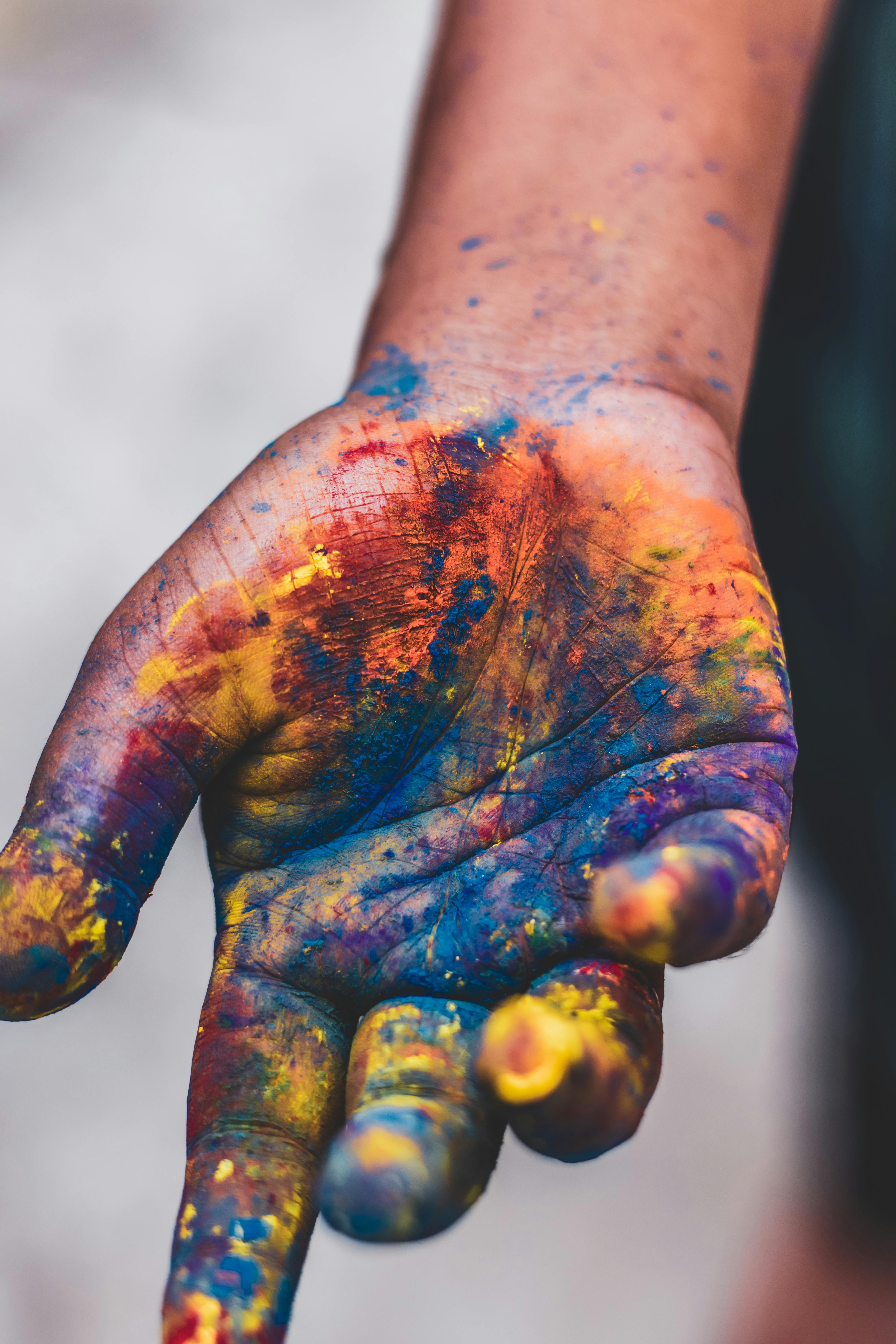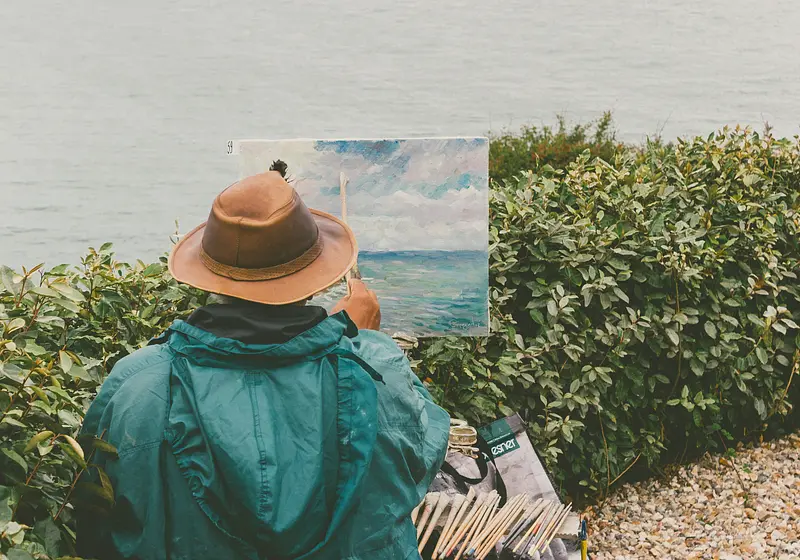The art or the artist? Ah, the lifelong debate. Should you support the art even if you don’t like the artist or agree with their words and actions at times? Should art be viewed in isolation, as a separate identity from the artist - or is it inherently a part of them?
I’m sure that by this point, everyone has their own views on this. But that’s not the point today. We need to talk about why, regardless of your opinion, you might want to hear this perspective before you burn your Harry Potter collection…

Image Credit: Madalyn Cox from Unsplash
The debate dates back even before the Renaissance, when people first began questioning the ethics of supporting an artist’s work if the artist themselves was unethical. We saw these issues with Caravaggio, Richard Wagner, John Galliano, Norman Mailer, Woody Allen and recently, even JK Rowling—we see them appear in our everyday lives when artists, writers, musicians, filmmakers, do questionable or even outright disgusting things.
Art Is A Separate Identity
Why you should separate art from the artist is because well, art is subjective. It is not about the artist but the reader, viewer, consumer. We see ourselves in art, because it's cliche to say but beauty does lay in the eyes of the beholder.
As humans, art is something we connect with emotionally, we make links to our life and people around us and it becomes a defining part of our lives.

Image Credit: Azra Tuba Demir from Pexels
For example, a large part of Gen-Z grew up reading and watching Harry Potter: it's the place where people feel like they belong. Maybe it was their first experience reading, and they made friends because of it. They return to their childhood when they read it again, so in the eyes of the reader, the books are no longer what JK Rowling envisioned when she was writing them: it is the day they finished Order of The Phoenix in one day without moving, it is the day they made a new friend in school when they found themselves on the same side of the debate about how Ginny’s character was ruined in the movies.
So why should the actions of the author rule the emotional connection we hold to these books? It shouldn't, right? You can love Harry Potter and hate JK Rowling. You can hate Woody Allen but love Annie Hall.
But Is It...?
BUT, and this is a big one, the artist in today’s world benefits from us loving the art. If you watch Harry Potter, or if you gift your younger cousin the book set, JK Rowling gets money, which she then puts to supporting her lifestyle and supporting the causes that she does. And that in essence is just that your consumption of art funds the artists’ problematic ways.
However, in all of existence, there have been questionable academics but their academia was never ignored by their morals or even the ethics of the conception of their academia; like Eduard Perncompf who created one of the best human anatomy atlases that have ever existed to date, but by butchering the bodies of Nazi’s victims. That does not stop doctors from using the atlas, because it holds utility.
But should emotional connection weigh in the same way also? Or is supporting contemporary artists with questionable morals only questionable due to the lack of consequence for them?
Conclusion
Ultimately, the question of whether to separate the art from the artist doesn’t have a one-size-fits-all answer. It lives in a morally gray space where intention, consequence, and context collide. The truth is, we all draw our lines differently.
For some, the emotional impact of a piece of art outweighs the actions of its creator. For others, financial or moral complicity is too heavy a cost to bear.
What we can do, perhaps, is move forward with awareness. Acknowledge the flaws, learn the history, and understand the consequences of our consumption. Maybe it’s not about blindly canceling or blindly supporting, but about knowing what our support means and making a conscious choice.

Image Credit: Rahul Pandit from Pexels
So no, you don’t have to burn your Harry Potter books. But maybe don’t buy another boxed set just because they updated the cover art. Engage critically.
Hold both truths: that the art moved you, and the artist failed you. Because to deny either is to flatten the complexity of the human experience—yours and theirs.
And maybe that’s what good art should do anyway: push us to question, to feel, and to grow.











